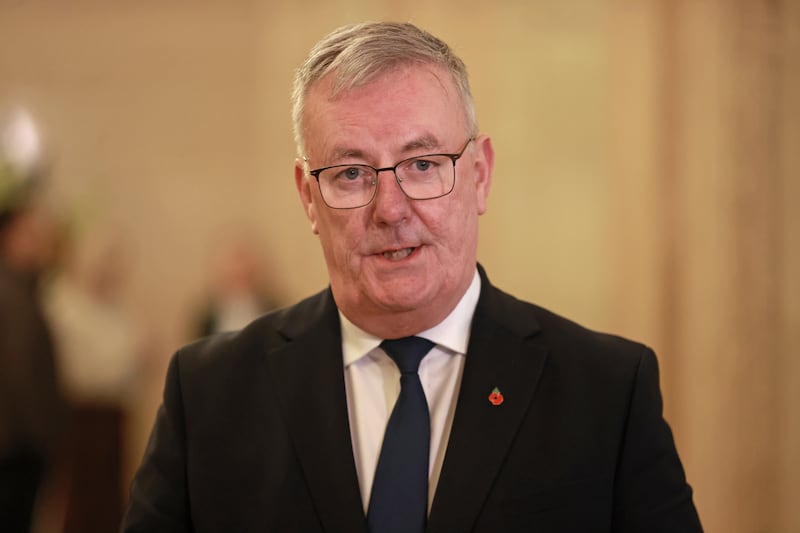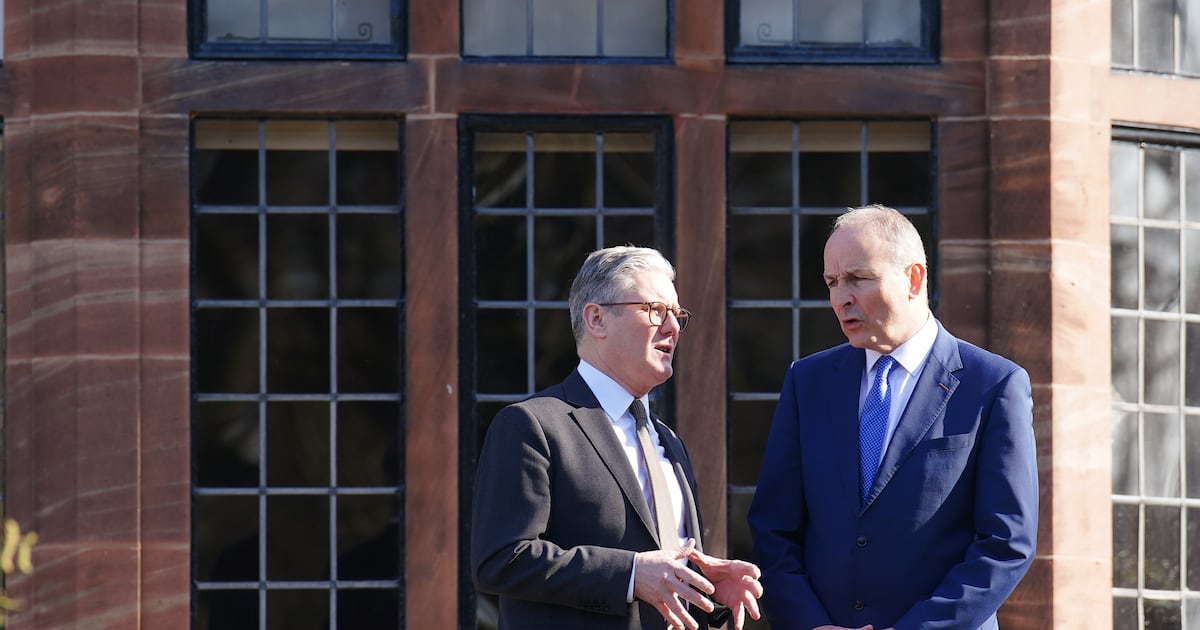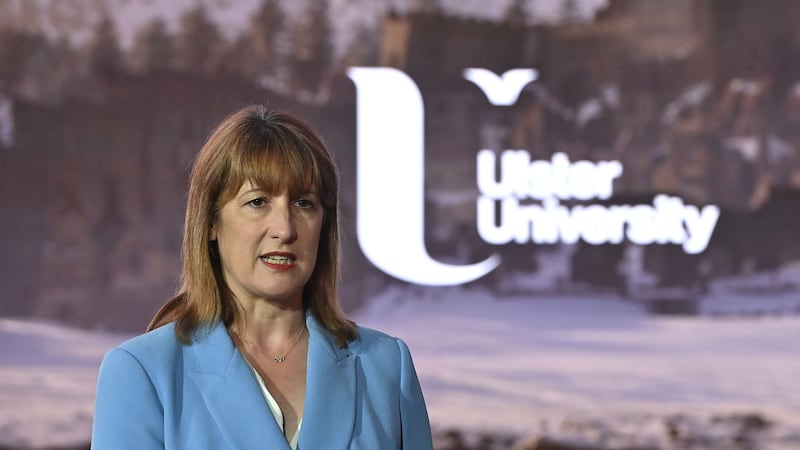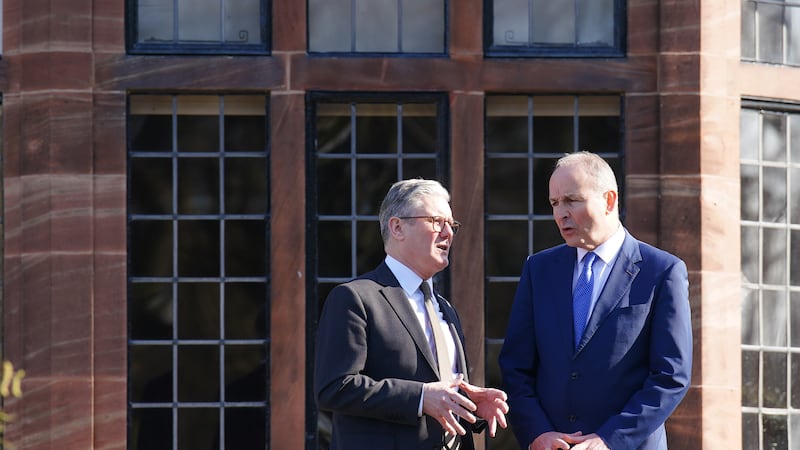When was the last time a mainstream republican described Northern Ireland as a “failed, ungovernable statelet”? That particular trope was never true but it is harder to promote when you are at the head of the government.
For the first time in Northern Ireland’s history, everyone has accepted they have a reason to make this place work, and that is where I see hope.
Restoring hope is such an important political objective. It’s what the Ulster Unionist Party delivered in 1998 with an agreement that is still the envy of so many countries in conflict.
While I fully respect the right of anyone to raise the issue of constitutional change, I believe the vast majority share my conviction that Northern Ireland and its citizens are much better served by remaining as part of the United Kingdom. The lesson of Brexit is that constitutional change can be destabilising, confusing and ultimately disappointing.
The Belfast Agreement, an internationally recognised accord, endorsed by overwhelming majorities north and south, is an agreement that recognises and protects the constitutional status of Northern Ireland within the United Kingdom unless and until the people, democratically, decide otherwise. That yielded the sort of hope and stability people had dreamed of for decades.
Restoring hope through prosperity is my party’s agenda, best done through our continued membership of the United Kingdom of Great Britain and Northern Ireland. True, our public services might not be in the best shape ever, but healthcare is still free to access. You may wonder why proudly socialist parties want to join with a government that charges its citizens for an appointment with their GP, or where there are tolled roads and where plans are in place to charge households for water supply and wastewater services for excess use.
Then again, maybe that’s no surprise when you recall Gerry Adams made his American debut in 1994 in that hotbed of socialism, the Grand Ballroom of the Waldorf Astoria Hotel in downtown Manhattan. Dual standards are not uncommon, with policies resisted here but enforced in the Republic.
When there is an analysis of whether it is better to be an integral part of the United Kingdom or in an all-Ireland state, my opinion is absolutely clear and I would argue that any rational assessment would come out in favour of being part of the union of the United Kingdom.
There are many constructive debates that could be made, and while the Republic of Ireland economy has flourished on occasions, as part of the UK we are part of the sixth largest economy in the world. We are also strategic partners in the defence of democracy, a critical factor in this increasingly fragile world where some argue war is more a question of when, not if.
I fully accept that others will take a different viewpoint and attitude, that is their right to do so, provided they carry that out through their discussions, debates and pressure groups, not through the violence that has been so destructive for the community and individual families.
Another trope that lacks credibility is the notion of pure Brits and pure Gaels. The history of these islands is so complex and interwoven that we are mostly hybrid models. It is estimated that as many as six million people living in the UK have an Irish-born grandparent (around 10% of the UK population).
A previous UK census states that 869,093, almost a million people born in Ireland are living in Great Britain. Many went on to become household names – Terry Wogan, Graham Norton, Roy Keane. The list isn’t endless but it’s very, very long and demonstrates that many Irish recognise the greater opportunities and benefits of being part of the United Kingdom as opposed to remaining in the Republic of Ireland. Professor Jack Foster is an expert witness in this field, his writings are readily accessible.
What drives the constitutional change agenda is a complicated mix. I do not doubt some are entirely well-meaning, if erroneous about the economic and political benefits. Others follow their hearts, but for some it smacks of anti-Britishness. People of my age and background grew up in the face of a repeated cry of “Brits Out!” – hardly the epitome of reconciliation and relationship building. It seems perverse that the cry is now “Brits In!” especially when constitutional change could see pro-British parties hold the balance of power in the Irish parliament.
It is no coincidence that the first commitment in the 1998 Agreement is to building relationships. Recognising that diversity is at the core of our humanity was at the heart of John Hume’s single transferable speech.
So, I’m sure the Sinn Féin single transferable speech about their longing for a united Ireland will continue, but every reasoned argument is in favour of Northern Ireland remaining part of the stronger and popular, popular even among Irish citizens, UK is overwhelming.
We should all focus on building bridges between communities — not constitutional soapboxes.
 Health Minister Mike Nesbitt (Liam McBurney/PA)
Health Minister Mike Nesbitt (Liam McBurney/PA)




